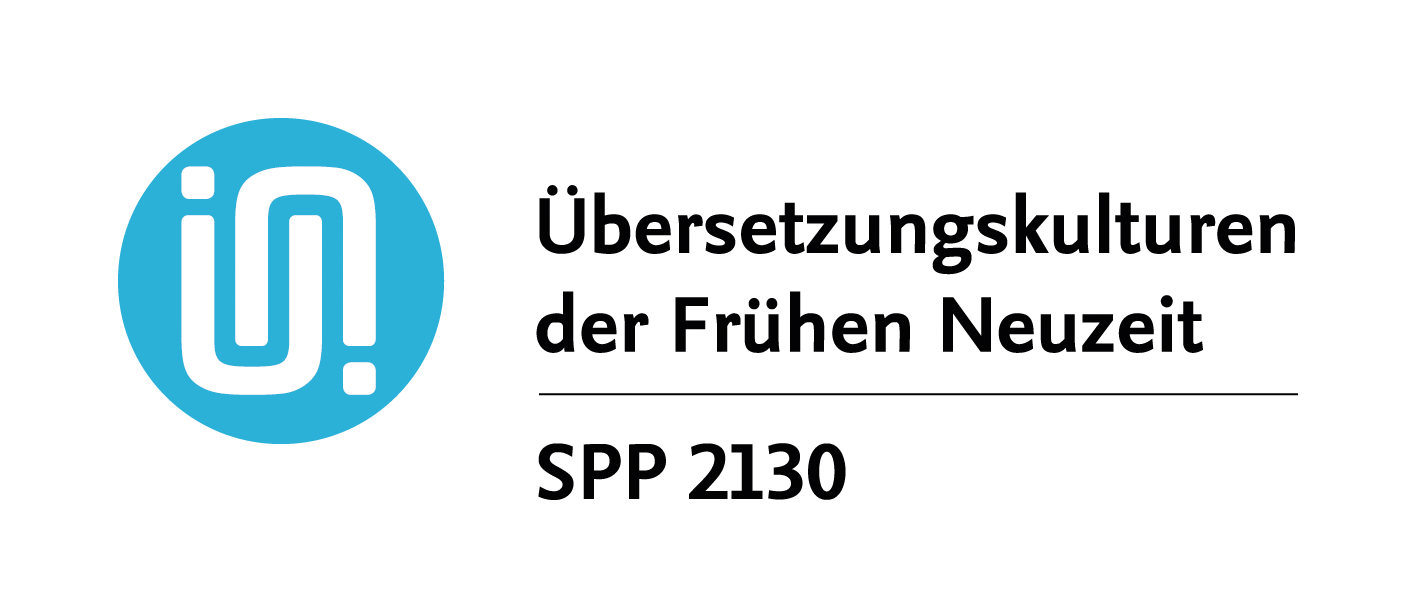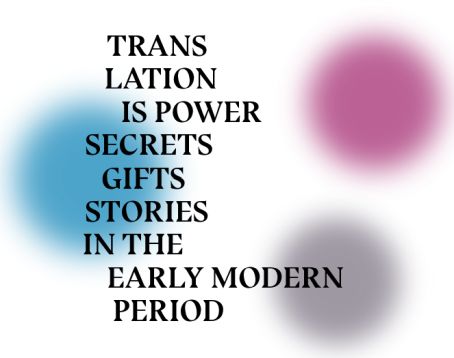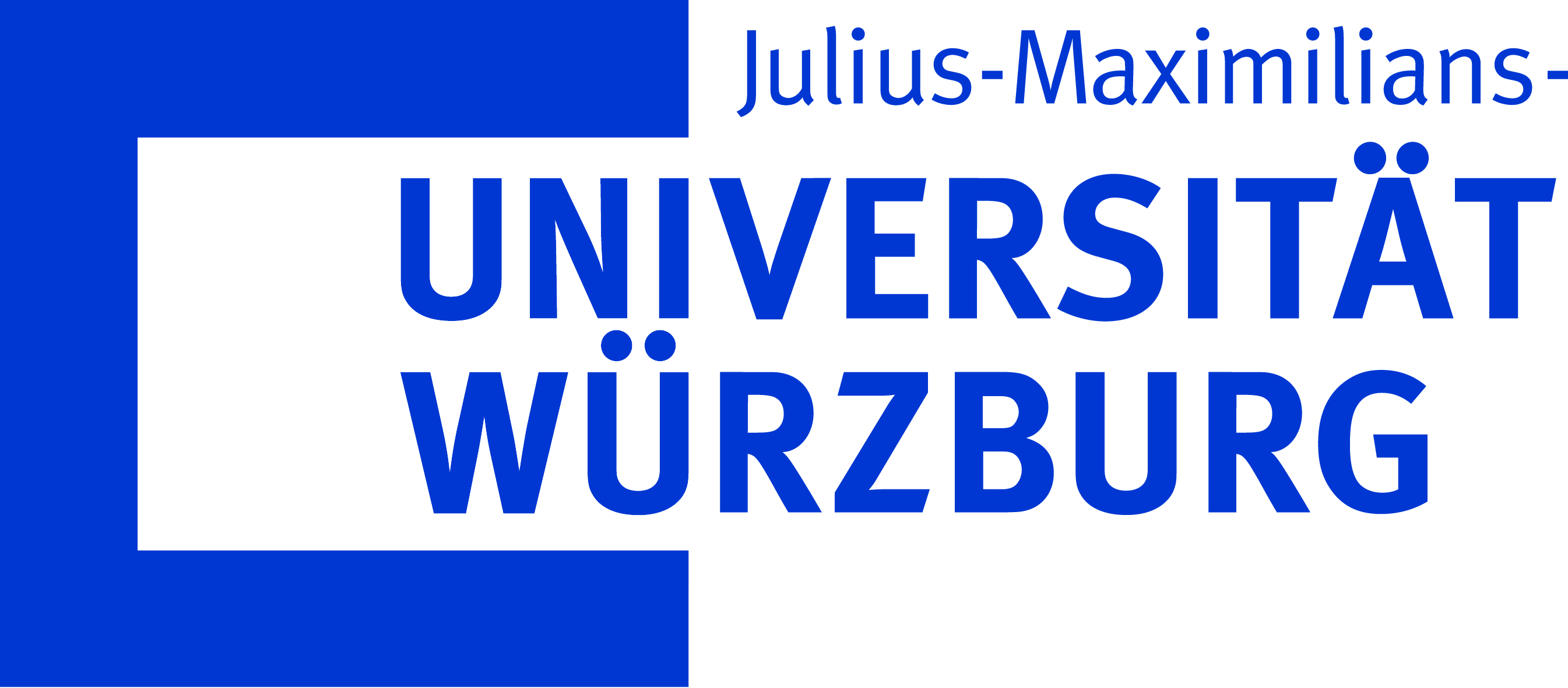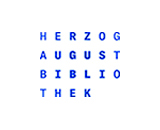II Section 1
Section 1: Sign Systems and Medial Transformations (director: Jörg Wesche)
The historical conceptualisations of translation processes themselves form the foundation for describing and understanding early modern translation cultures. This section offers a basic working platform for concentrated research on the use and negotiation of various sign systems in translation. A core aspect here is the interrelationship between semiotic encoding and medial conveyance. How do sign process and mediality ‘co-operate’, and how are the specific translation subjects transformed by their respective medial frameworks? This section accordingly opens up research perspectives on the relationship between translation and reflection on language in the Early Modern period, between translation and language work, and between the history of semiotics and the history of media.
Projects
Prof Dr Erich Poppe, Prof Dr Elena Parina, Dr Dagmar Bronner, Raphael Sackmann
Early Modern Cultures of Translation in Wales. Innovations and Continuities
Prof Dr Andreas Gipper, Dr Caroline Mannweiler, Dr Diego Stefanelli
Scientific Translations in France in the Classical Era. Functions, Practices, Actors of Translations from English, German, and Italian
Prof Dr Dirk Werle, Fiona Walter
Semantics of Translation in Early Modern German Narrative Literature. Translation – Knowledge – Narration
Prof Dr Anja Wolkenhauer, Julia Heideklang
Versio latina: Agents, Functions, and Aims of the Translation of Early Modern Literature into Latin




